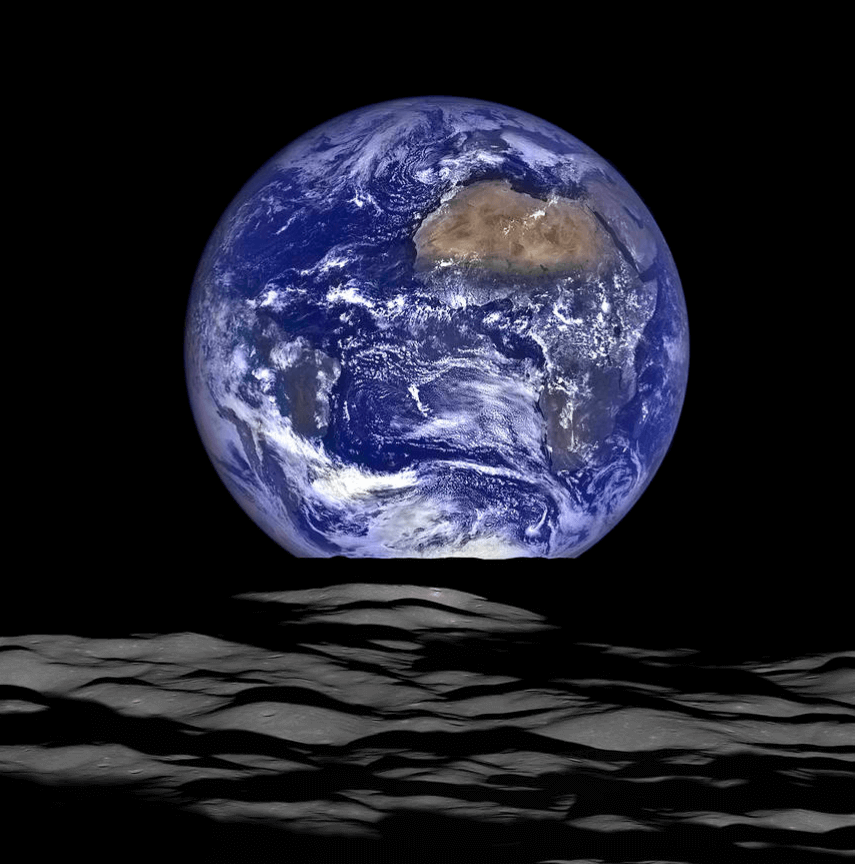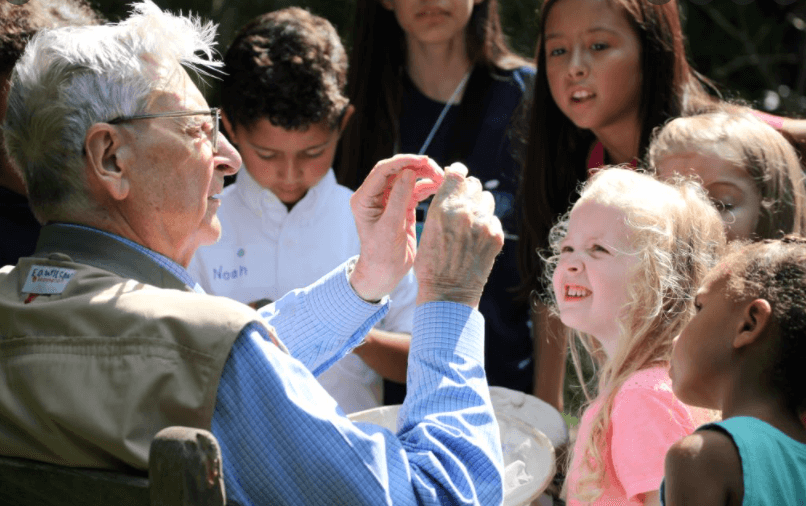World-famous evolutionary biologist and entomologist E.O. Wilson died on Sunday, leaving behind a legacy as exceptional and wide-ranging as was his intellect and curiosity. An eye injury as a child permanently damaged his distance vision, limiting him to the examination of little things, and ultimately leading him to focus on ants, which became his lifelong passion. At the same time, his sharp insights into ant society and biology ultimately led him to make novel and far-reaching observations illuminating the origins of species and the evolution of behaviors.
Equally impressive were his communication and writing skills. He could be a fierce debater, arguing evolutionary theory with some of the world’s greatest minds, and also join grade schoolers in wide-eyed wonder at the behavior of ants at a picnic.
I was privileged to have met him on several occasions at various scientific conferences and even chat with him for nearly an hour during a van ride back from an evening reception (while I had the impulse to turn the ride into a radio interview, I quashed it. Speaking informally and genially was just so pleasant, I couldn’t bear to ruin it.)
Others have already written wonderful obituaries about him, there are biographies and films about his life, and there is his own autobiography, Naturalist, which I highly recommend. So I won’t try to add more than this brief nod of admiration, and a re-posting of this Science Update from 2016.
Half Earth

BOB HIRSHON (host):
Creating a global garden. I’m Bob Hirshon and this is Science Update.
Sixty-five million years ago, an asteroid struck the Yucatan Peninsula so violently that seventy percent of all species on earth perished. According to Harvard biologist E.O. Wilson, today, humans are having a similar impact, threatening to wipe out more than half of Earth’s species by the end of the century. At the Jackson Hole Wildlife Film Festival, and in a new book called Half-Earth, he proposed devoting half of our planet to species preservation.
E.O. WILSON (Harvard University):
The world is full of opportunities to set aside small, to medium, to large reserves, and do it now, and we would stop extinction in its tracks.
HIRSHON:
As audacious as it sounds, he says that vast stretches of ocean could be set aside relatively painlessly, and countries could work together to protect the most bio-diverse swaths of land. I’m Bob Hirshon, for AAAS, the science society.
E.O. Wilson Video Series – National Park Service
E.O. Wilson – Of Ants and Men (PBS Documentary)
Trailhead – A drama set in an anthill (The New Yorker Magazine)
W


 Love Bugs?
Love Bugs?